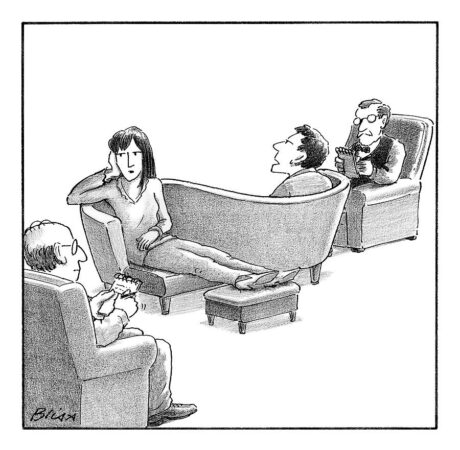“So the diamonds of the promise can only be found in the mines of difficulty—and some of those mines go very deep. But there are other mine shafts that are filled with nothing but useless rocks, and many thousands have spent their lives down in those holes.”
Mines of Difficulty, p. 32









